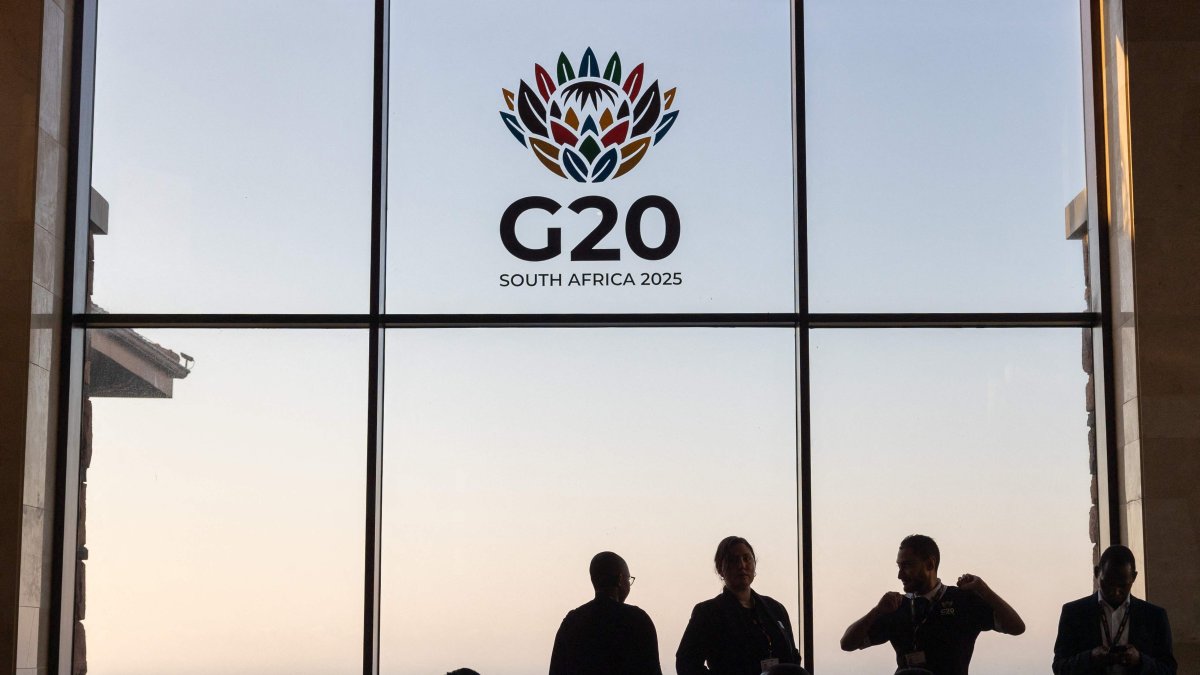G-20 Finance Chiefs Grapple with Rising Trade Tensions Amid Global Economic Uncertainty

South Africa – Top finance officials from the world's leading economies convened in South Africa this week for the G-20 summit, facing a complex landscape of escalating trade tensions and growing concerns about global economic stability. The meeting, held against a backdrop of heightened geopolitical risks, saw discussions centered on mitigating the impact of protectionist policies and fostering a more resilient and inclusive global economy.
The summit arrives at a particularly sensitive moment. Many nations are feeling the reverberations of evolving U.S. trade policies, which have sparked retaliatory measures and created uncertainty in international markets. While a formal agenda focused on macroeconomic coordination and financial stability, the shadow of trade disputes loomed large over the proceedings.
Key Concerns and Challenges
Several key concerns dominated the discussions. The ongoing trade war between the United States and China remains a primary worry, with its potential to disrupt global supply chains and dampen economic growth. Beyond this, concerns were also raised about the potential for further protectionist measures and the impact of tariffs on developing nations. The meeting highlighted the need for a rules-based international trading system and the importance of resolving trade disputes through dialogue and negotiation.
Furthermore, the G-20 finance chiefs addressed the challenges posed by rising inflation in some economies, the potential for increased financial instability, and the need to support vulnerable countries facing debt distress. Discussions touched upon the importance of coordinated fiscal and monetary policies to navigate these challenges effectively.
Focus on Emerging Markets and Developing Economies
A significant portion of the summit focused on the unique vulnerabilities of emerging markets and developing economies. These nations are often disproportionately affected by global economic shocks and trade disruptions. Participants emphasized the importance of providing targeted support to these countries, including debt relief, technical assistance, and investments in infrastructure.
Discussions also centered on promoting sustainable development and addressing climate change. Recognizing the interconnectedness of economic growth and environmental sustainability, officials explored ways to mobilize private sector investment in green technologies and promote climate-resilient infrastructure.
Outcomes and Future Outlook
While significant breakthroughs were not expected, the G-20 summit provided a valuable platform for dialogue and coordination among leading economies. Participants reaffirmed their commitment to working together to address global economic challenges and promote a more stable and prosperous world. A joint communiqué issued at the conclusion of the summit underscored the importance of multilateral cooperation and the need to avoid protectionist measures.
The road ahead remains challenging. The G-20 finance chiefs acknowledge the need for continued vigilance and proactive measures to mitigate risks and foster a more resilient global economy. The effectiveness of these efforts will be crucial in navigating the uncertainties of the current economic climate and ensuring a sustainable and inclusive future for all.






